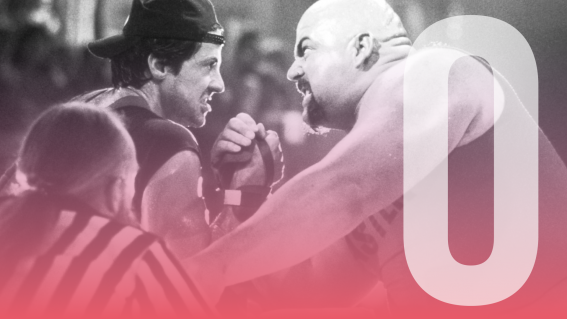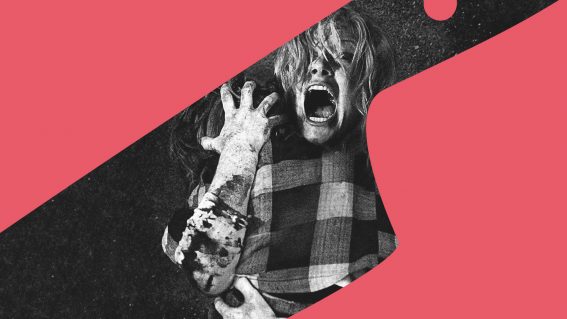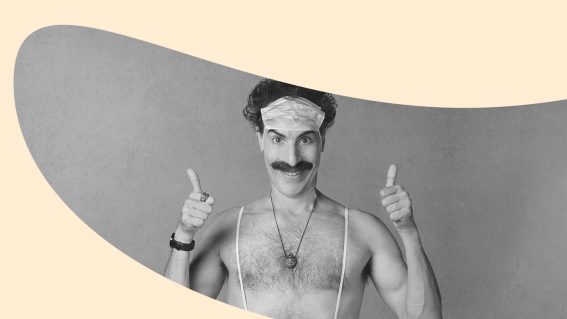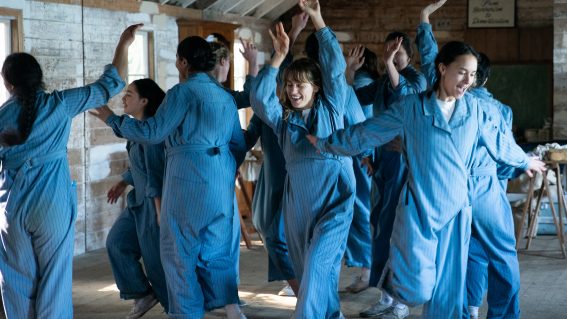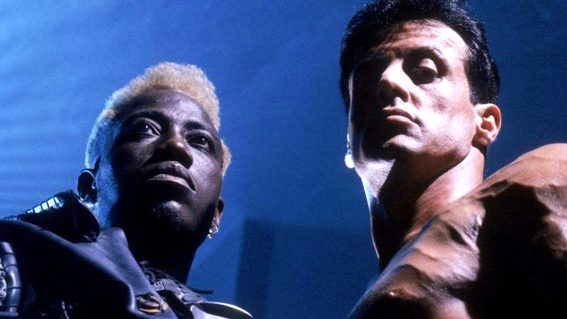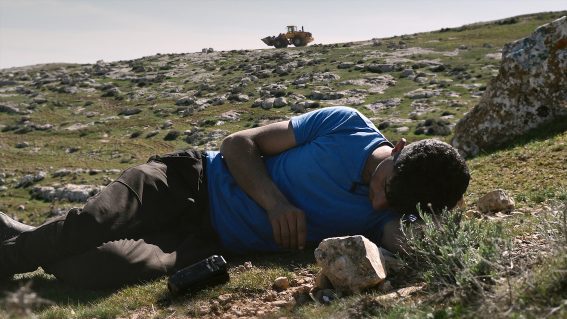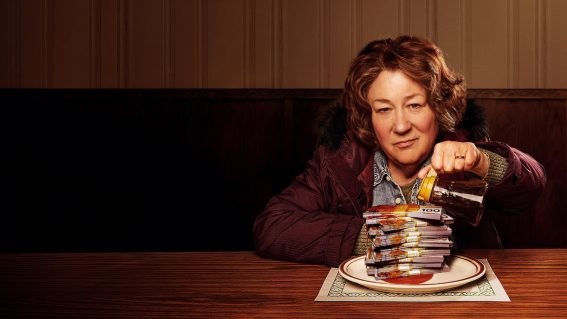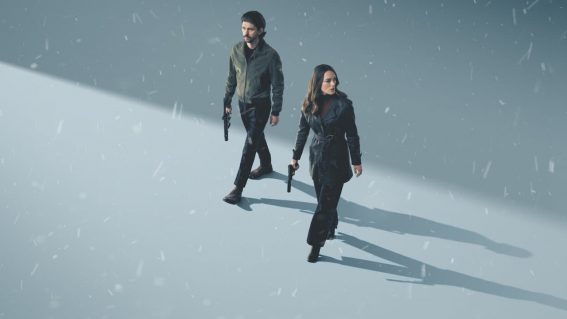Vale Ennio Morricone. Here are 5 of his most iconic film scores
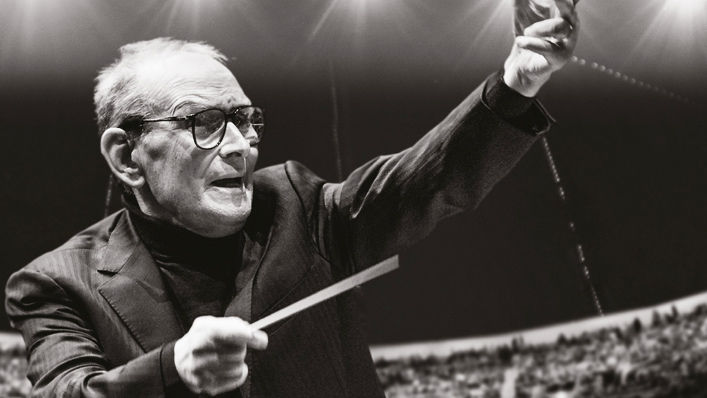
If you’ve ever imagined yourself as a cowboy in the wild west, chances are the soundtrack playing in your imagination was created by Ennio Morricone. The Italian composer was director Sergio Leone’s greatest collaborator, and is responsible for giving the Italian spaghetti western genre its big, operatic sound. Sadly, Morricone has passed away this week at 91.
Morricone’s musical ability extends far beyond westerns, however, with the composer’s talent for suggesting story through sound working in genres as diverse as biopic, period film, and even John Carpenter’s The Thing. It’s impossible to bottle that vast and exciting discography into a mere five song playlist, but here’s our best attempt at singling out Morricone’s most memorable and beautiful compositions for cinema soundtracks.
1. ‘The Ecstasy Of Gold’ from The Good The Bad and The Ugly
Sergio Leone and Ennio Morricone first met as schoolboys and both went on to show prodigious talent in making low-budget cowboy movies that feel as robust and electric as any big budget studio effort. Morricone’s use of dramatic, expressive vocals within an orchestral arrangement is at its best in this song, and the main theme of The Good, The Bad and The Ugly.
Where to even begin with iconic composer Ennio Morricone? He could make an average movie into a must see, a good movie into art, and a great movie into legend. He hasn't been off my stereo my entire life. What a legacy of work he leaves behind. RIP. https://t.co/qZX6qE10ke
— edgarwright (@edgarwright) July 6, 2020
2. ‘Main Theme’ from The Good The Bad and The Ugly
Yes we’re using two songs from the same film, but it really is impossible to pick between ‘The Ecstasy of Gold”s beauty and this more iconic establishing theme. The wailed soprano melody is immediately recognisable as Morricone.
3. ‘Gabriel’s Oboe’ from The Mission
Morricone was able to craft breathtakingly delicate scores too, for films like Once Upon A Time In The West and religious epic The Mission. ‘Gabriel’s Oboe’ is the soundtrack’s most memorable highlight, even turning into one of the most requested wedding songs of the nineties.
4. ‘Desolation’ theme from The Thing
It’s weird to acknowledge that The Thing was a flop upon release, since its brutal action and suspense have now been canonised in horror movie history. Morricone’s sinister score is responsible in large part for the film’s tension, and probably for its 21st century rediscovery.
Brilliant composer Ennio Morricone has passed away. A friend and collaborator, his talent was inestimable. I will miss him.
— John Carpenter (@TheHorrorMaster) July 6, 2020
5. ‘Love Theme’ from Cinema Paradiso
Cinema Paradiso‘s final scenes are a love letter to cinema in its most pure form, and the choice to have create the tearjerking love theme that swells to soundtrack those moments says a lot. There may be no other composer who could pull off a moment this unabashedly romantic.

